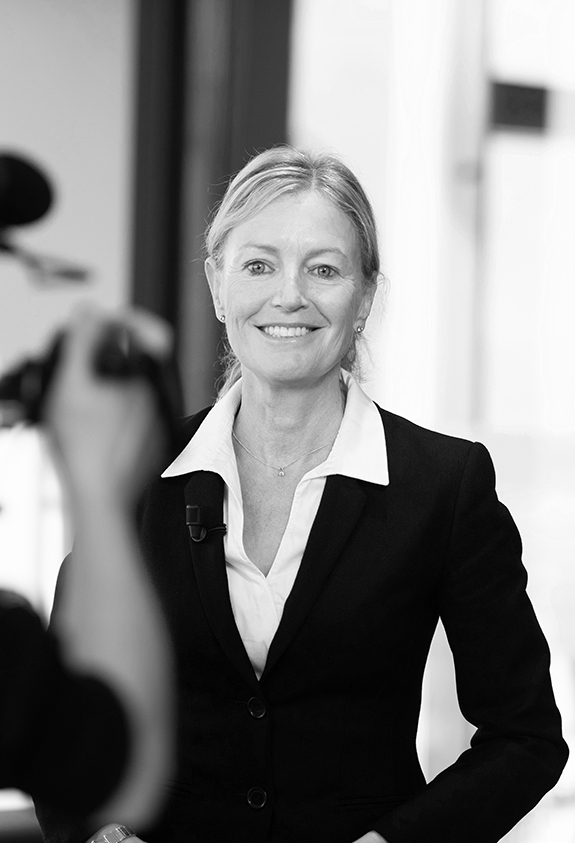


Georgette Davey, Managing Director of Glion Institute of Higher Education, explains why etiquette is an essential modern-day skill.
Since Meghan Markle and Prince Harry married in May, plenty of news pieces have emerged on how the American is expected to behave now that she is a member of the British royal family. Commentators have drawn attention to royal traditions that guide what to eat (no garlic), how a female member of the royal family should dress while in public with the Queen (favouring pastels and neutral colours) and how she should sit (preferably by crossing legs at the ankles or practising the “duchess slant”).
The power of good manners
Etiquette matters. In fact, good etiquette is essential for business success. According to research conducted by the Carnegie Foundation, just 15% of professional success depends on technical skills and job knowledge, while 85% depends on interpersonal skills. Meanwhile, in a survey conducted by Accountemps, 65% of managers and 46% of workers believed that being courteous can accelerate career advancement.
But what is etiquette? Etiquette is about behaviours, choices and actions. It includes body language, manners, appearance, emotional intelligence and soft skills. Following etiquette and protocol is key to both demonstrating and earning respect. It’s a universal language that improves our daily interactions in business and in society.
How to practise etiquette
Etiquette — that sense of savoir-vivre and savoir-être, as the French say — is not learned through books, but by practice. At Glion Institute of Higher Education, our hospitality management students internalise etiquette through practical experience, including service roles on campus and professional internships completed abroad. Certain guidelines also help: Anthony Durand, Senior Lecturer and Manager of Banqueting, Events and Boutiques, identifies the following six habits as prerequisites to business protocol:
- Be on time
- Be discreet
- Be courteous, pleasant and positive
- Be concerned with others
- Dress appropriately
- Use proper written and spoken language
Glion students develop their sense of etiquette naturally as they take on responsibilities such as serving guests in Le Bellevue, our gastronomic restaurant. They learn to look their best as they follow our business dress code daily. They are mentored by our faculty, but ultimately, it is through experience that they come to understand l’art de recevoir, the art of welcoming, and how to act appropriately in a variety of contexts.
In the business world, first impressions count. That’s why it’s so important that students practise and polish their interview and presentation skills. Glion students have the chance to do just this during our Career Days, which bring around 70 companies to campus each semester. They can also visit our careers department year-round for personalised coaching and career advice.
The key to global communication
Meanwhile, knowledge of international etiquette is essential in today’s globalised economy. Table manners, greetings, gifts and even punctuality are all aspects of etiquette that can vary greatly across cultures. Especially in hospitality, students should make the most of opportunities to gain international exposure and develop their cultural awareness. A diverse campus environment, study abroad semesters and international internships can help students to better understand global business etiquette — and are all part of the Glion experience.
The importance of etiquette is particularly evident in multilingual, multicultural Switzerland, which is home to many of the world’s international organisations. From meetings to the dining table, protocol and manners pave the way for conversations to be had and decisions to be made. Far from old-fashioned, etiquette is a shared code of respect, an attitude and a lifelong skill — one from which we can all benefit.
About the author: Georgette Davey serves as Managing Director of Glion Institute of Higher Education, a leading hospitality management institution with campuses in Switzerland and the UK. She has more than two decades of experience in academic leadership and hospitality management.

















